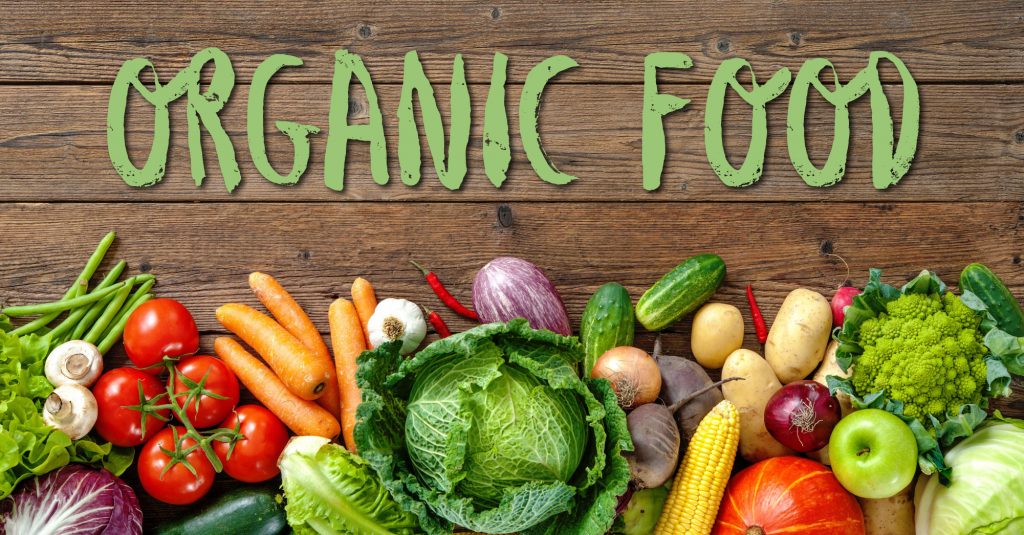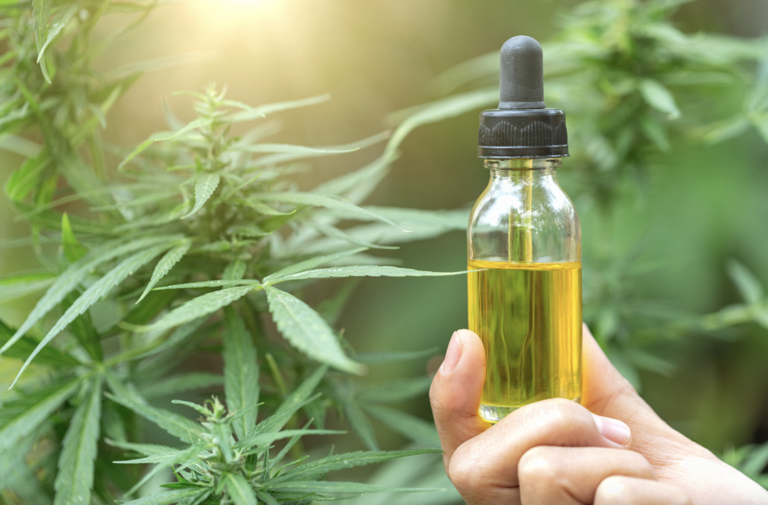Is Organic Food Really Better For You?
The Organic Trade Association conducted a survey of U.S. consumers in 2018, which found that 55% of respondents said they would rather purchase organic foods than conventionally grown ones. Organic food sales hit a record high of $52.5 billion in 2018, up 6.3 percent from the previous year. While some may argue that organic foods are better for health, others may cite the taste and safety of organic produce. After all, conventional foods are often grown and harvested with pesticides, antibiotics, and growth hormones.
Cost of organic food
You might be wondering if the cost of organic food is worth it. It is certainly more expensive than non-organic food, but you get a variety of nutrients from it and less pesticide exposure. You can also eat a wide variety of fruits and vegetables. If you can’t afford organic produce, try buying fruits and vegetables in season and from local farmers markets. They’ll likely be fresher and contain fewer pesticide residues.
In one study, carrots were compared to non-organic ones. Organic carrots cost $1.51 per pound, whereas non-organic carrots cost $0.71. A similar study found that yogurt cost $0.06 versus $0.13 per ounce for the same quantity. Oatmeal, on the other hand, cost $0.16 vs. $0.17, or a difference of -6 percent. Similarly, organic brown rice cost $0.09 versus $0.10 per ounce.
Some experts say that organic food is healthier, but the price tag is too high to justify its benefits. In fact, fewer pesticides and antibiotics are used in organic food, which gives the food a higher nutritional value. In addition to healthier food, organic farming is also more environmentally friendly, according to Lisa Herzig, an associate professor of nutrition at Fresno State University. But this doesn’t mean that buying organic food is worth the extra cost. Ultimately, it’s all about personal preference.
Health benefits of organic food
While conventionally grown foods may be loaded with chemicals, organic produce is a different story. It is richer in antioxidants and is known to reduce the risk of certain diseases. Organically grown foods are also known to contain more fats and nutrients, as they are free of pesticides and chemicals. A study published in 2020 found that people who eat organic foods are at a 25% lower risk for cancer. Organic foods have also been linked to a reduced risk for many forms of cancer, including breast and prostate cancer. Organic food is also known to protect the skin from the harmful effects of the sun.
One study by Newcastle University found that organic food has a greater concentration of certain nutrients than conventional foods. The same amount of organic food has 60 percent more antioxidants than conventionally grown foods, the equivalent of eating two or three extra portions of fruit and vegetables each day. This boost in antioxidant content may lower the risk for many diseases, including cancer and heart disease. Organic foods may also be higher in vitamin C and trace minerals than conventionally grown foods.
The effects of GMOs on human health are unclear. One recent study linked pesticides to increased food allergies and gastrointestinal problems. It also suggests that genetic modification is linked to increased cancer risks. Organic farming practices use less toxic pesticides. However, some natural pesticides are still laden with harmful effects. Organic food is the safest option. It is important to note that there is no single study confirming that organic foods have fewer pesticides.
Pesticide residues in organic food
Many people worry about pesticide residues in their food, but it is important to note that organic food has fewer of them. The Environmental Working Group releases a list of the ten foods with the highest pesticide residues each year, and many media outlets report on it. The Environmental Working Group’s recommendation is to choose organic food whenever possible. This is because organic food is grown without synthetic pesticides, which are much more harmful for your body.
A report by Consumers Union examined 94,000 samples of produce from 20 different crops. It found that the residues from organically grown crops were one-third lower than those from conventionally grown crops. The amount of man-made pesticide residues in organic food was also lower than that found in conventional foods. Overall, it was found that organic foods had lower pesticide residues than conventionally grown food.
Organic-approved pesticides are not measured with the same technology as other chemicals. Because of this, the U.S. Department of Agriculture (USDA) does not test for organic materials. If it were done, detection rates would be much higher. Organically approved pesticides, such as Spinosad, were found in 13 of these thirteen crops. Among the 41 pesticides found on organic food, 40 of them were synthetic chemicals.






